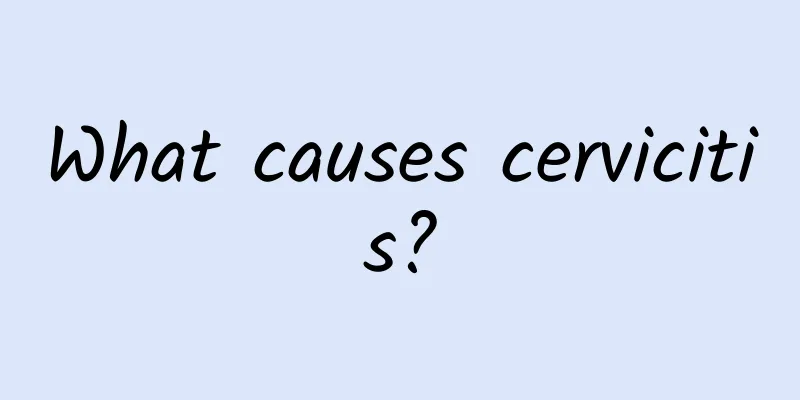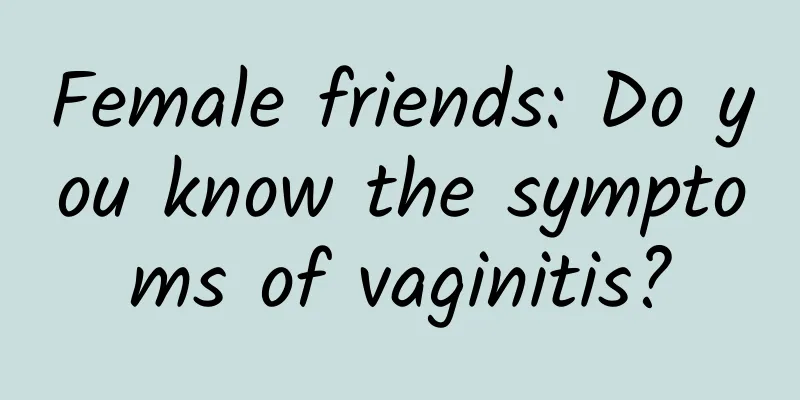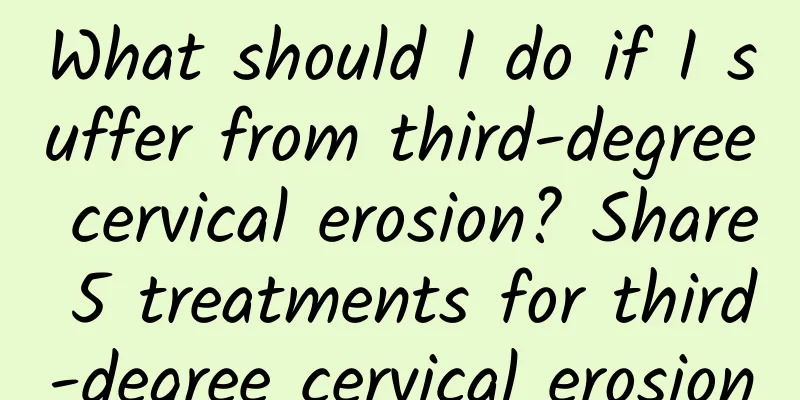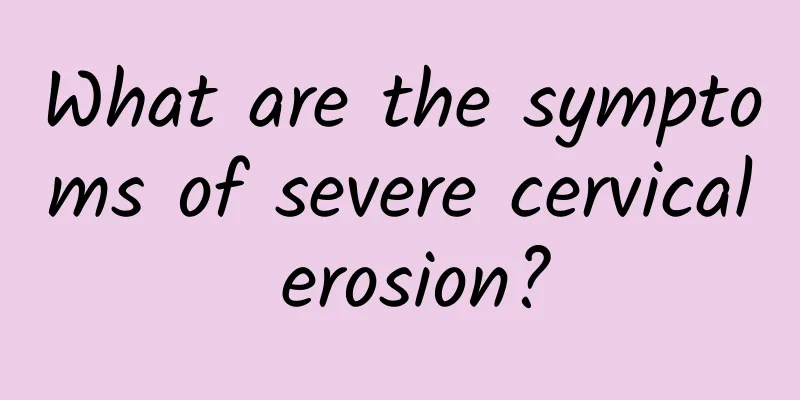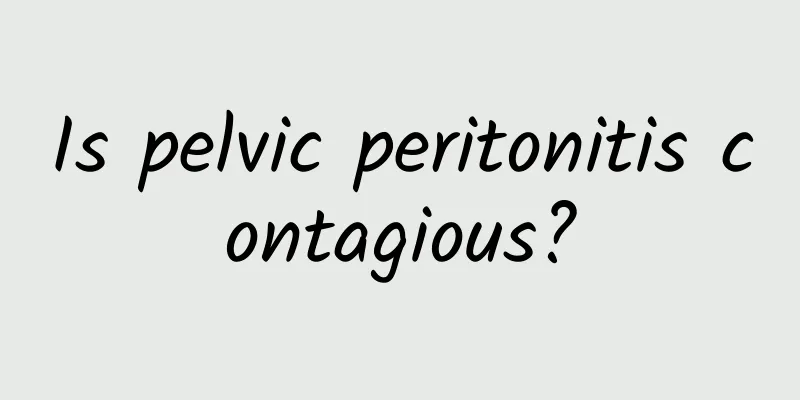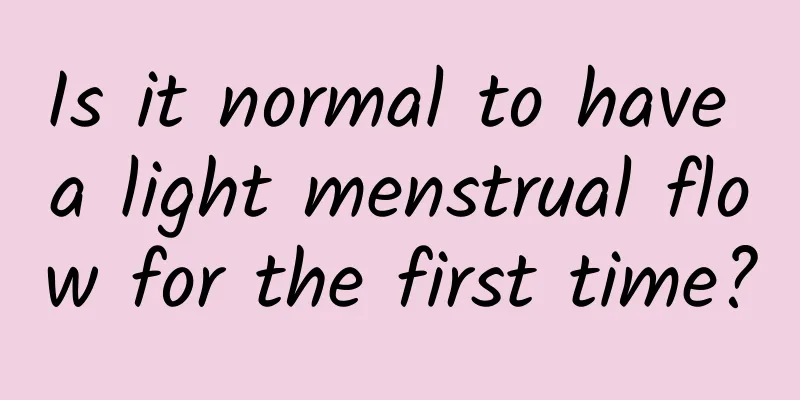How to treat uterine fibroids? The main treatment methods for uterine fibroids
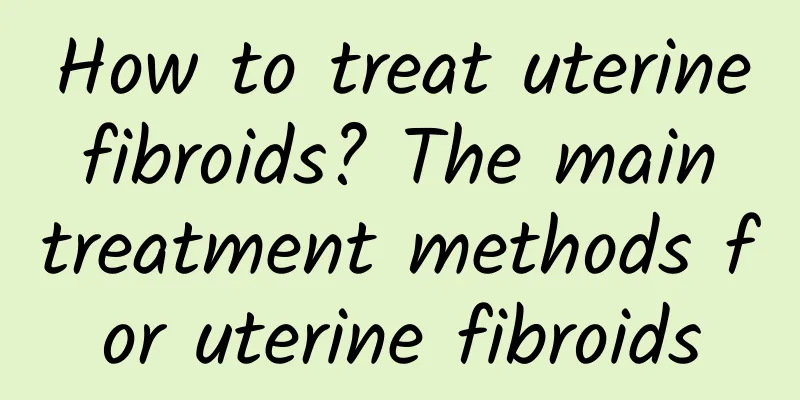
|
At present, there are four main treatments for uterine fibroids with good clinical efficacy, which can help patients with uterine fibroids to control the deterioration of the disease in time and are very beneficial to patients with uterine fibroids. What are the main treatments for uterine fibroids? The following are the main treatments for uterine fibroids. The main treatments for uterine fibroids are: 1. Radiotherapy: This treatment method for uterine fibroids is used for patients who are ineffective with drug treatment, have contraindications for surgery or refuse surgical treatment. But there are also some contraindications. 2. Expected treatment: Myoma is small, asymptomatic, without complications, without degeneration, and has no impact on health. Perimenopausal patients have no clinical symptoms, and considering that myoma may shrink or shrink after ovarian function declines. Expected treatment can be used for the above situations, that is, regular follow-up observation of clinical and imaging (once every 3 to 6 months). Treatment is decided based on the review results. 3. Drug treatment: There are many new developments in drug treatment. This is a common treatment for uterine fibroids. 4. Surgical treatment: For patients with fibroids, the age for hysterectomy was previously set at over 45 years old. Now it seems that we should proceed from reality, especially according to the progress of gynecological endocrinology, the age for ovarian preservation is generally 50 years old (the average age of menopause is 49.5 years old), that is, people under 50 years old should retain their ovaries. Normal ovaries of women who have not reached menopause after the age of 50 should also be retained, regardless of age. Because the ovaries still have certain endocrine functions after normal menopause and must work for 5 to 10 years. Retaining the ovaries helps hide the autonomic nerves, regulate metabolism, and facilitate the transition to the elderly. The uterus also has its endocrine function and is the target organ of the ovaries, so it should not be removed at will. This is also a common method for treating uterine fibroids. |
<<: How to treat uterine fibroids? Conservative treatment of uterine fibroids
Recommend
What actions can easily lead to miscarriage?
Actions that may easily lead to miscarriage mainl...
What causes pelvic inflammatory disease in women
The main causes of pelvic inflammatory disease in...
Does stinky tofu really cause cancer? Joyce Cheng's nutritionist warns: 3 tips to prevent disease and cancer risks
Stinky tofu is one of the representative snacks i...
What to eat to reduce uterine fibroids
For the treatment of uterine fibroids, diet thera...
Double chin can be cured! Try Japanese "Grimace Yoga"
Can making faces help reduce double chin? The &qu...
What should I do if my leucorrhea is always a little yellow a week before my period?
What should I do if my leucorrhea is always a lit...
What are the anti-inflammatory treatments for adnexitis?
The treatment of adnexitis is based on the princi...
What is the detection method for cervical warts?
Improper relationships between men and women have...
Symptoms caused by ovarian cyst compressing the diaphragm
As ovarian cysts continue to grow and compress th...
What are the causes of irregular menstruation in women?
Qiandan: What are the causes of irregular menstru...
Will chronic cervicitis affect pregnancy?
Will chronic cervicitis affect pregnancy? 1. Chro...
Dietary considerations for menopausal women
It is best for menopausal women to eat less meat ...
How to regulate diet for women during menopause
During menopause, you need to pay attention to so...
How much does it cost to spank a child in Shenzhen?
Now there are some advertisements about abortion ...
What are the good methods for diagnosing cervical warts?
Many hospitals are similar in diagnosing cervical...
